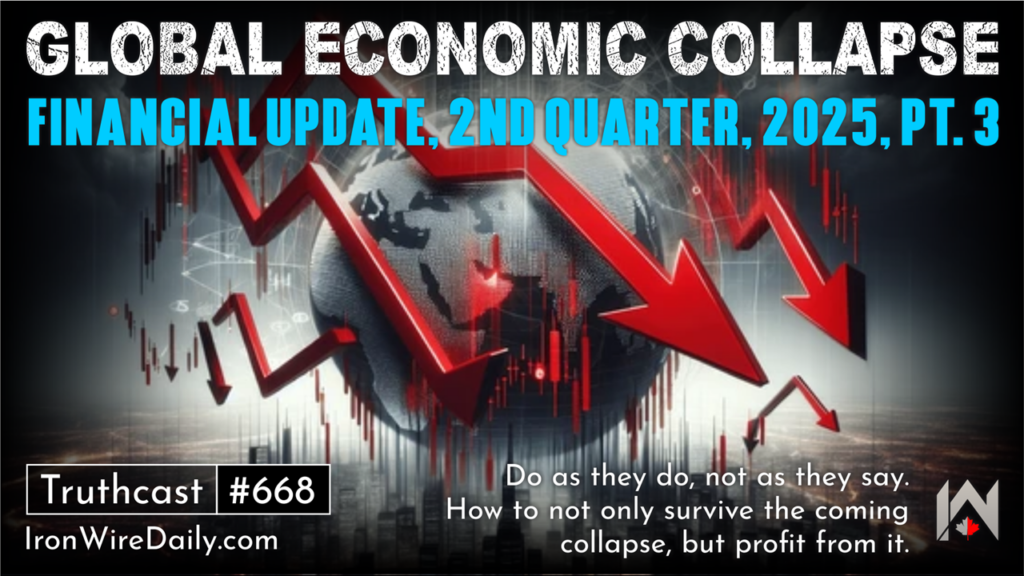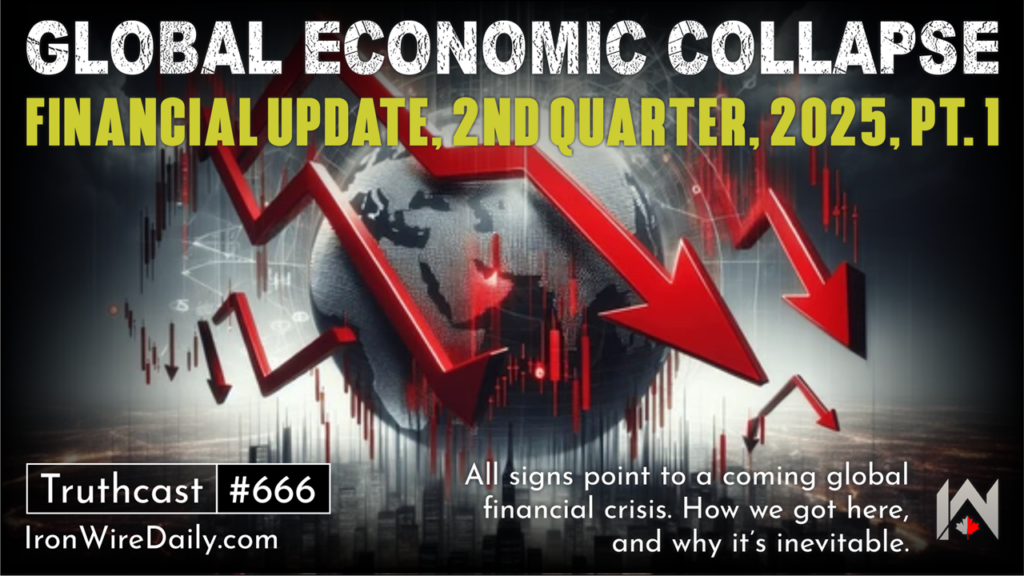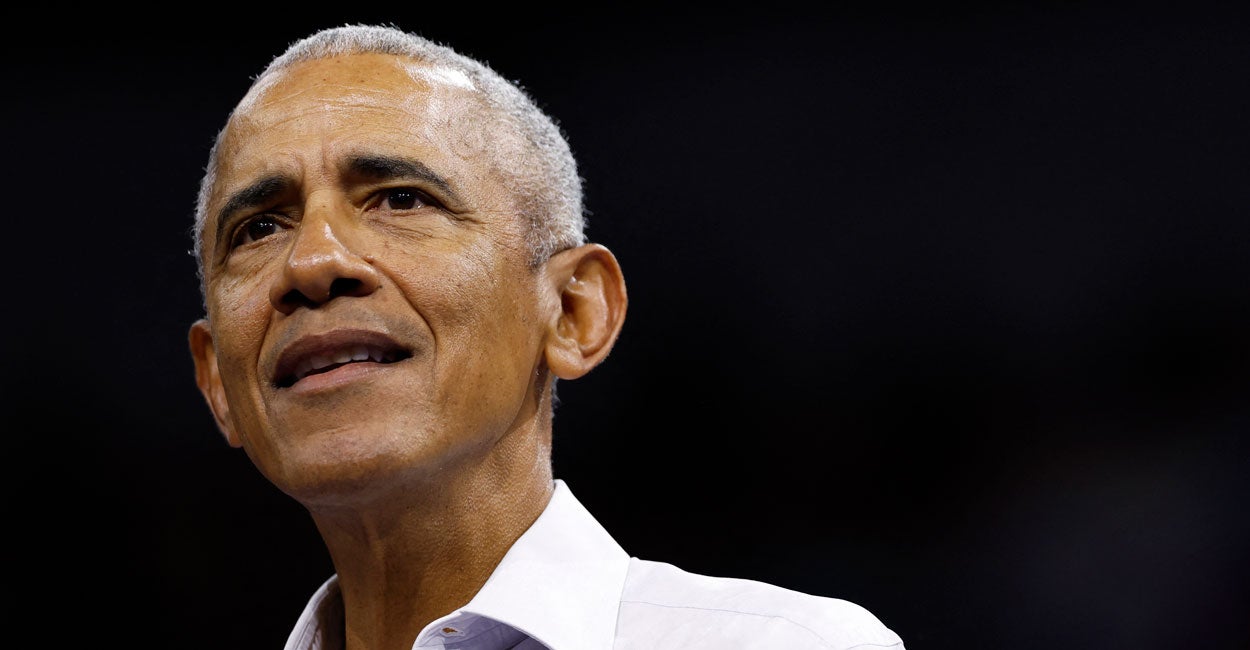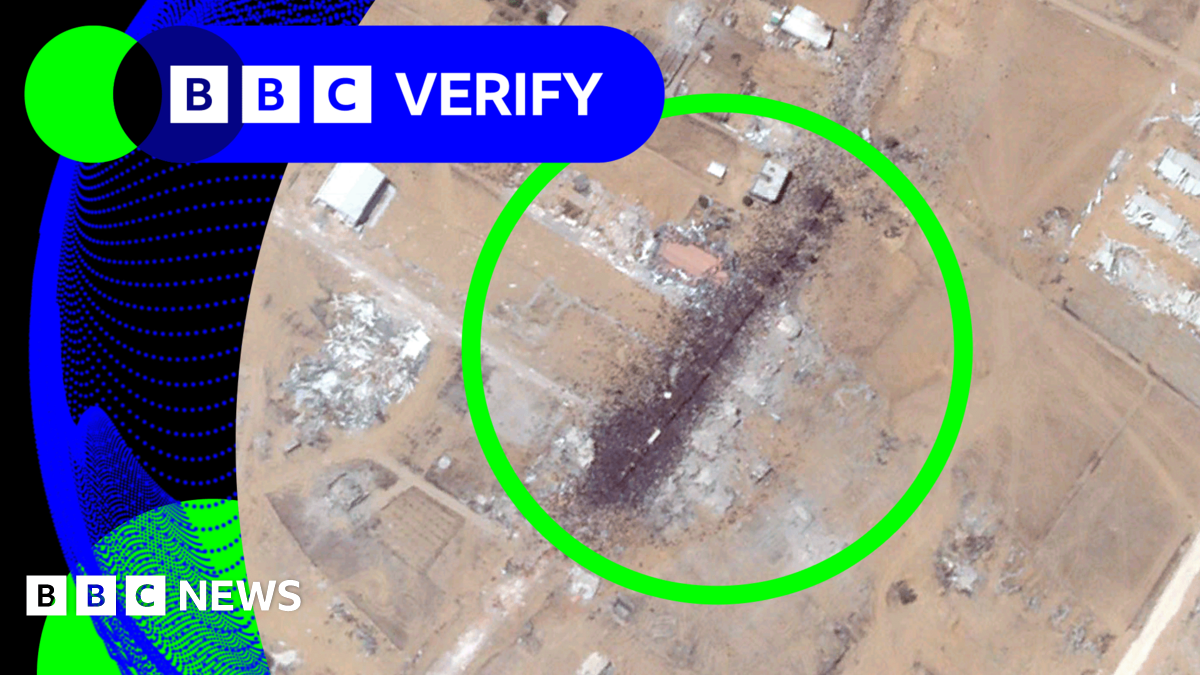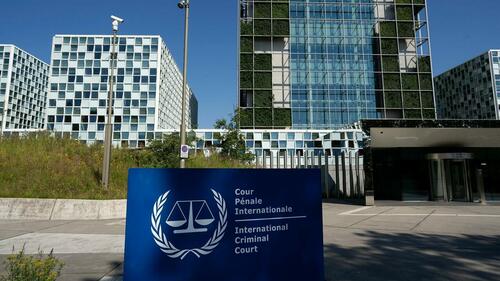New York Teachers Fired for Refusing COVID Vaccines Take Case to U.S. Supreme Court

Source: Children’s Health Defense
A group of 19 teachers who sued the city of New York after they were denied religious exemptions from COVID-19 vaccine mandates are asking the U.S. Supreme Court to review lower court rulings, which they allege unconstitutionally favored some religious beliefs over others.
In a petition filed Monday, the teachers allege that New York City granted religious exemptions only to people who belonged to religions whose leaders had not publicly endorsed COVID-19 vaccination.
The city denied requests by teachers who applied for exemptions based on personal religious beliefs that contradicted their religious leaders’ official support of the vaccines, the appeal said.
Michael Kane, a plaintiff in the case and founder of Teachers for Choice, said:
“What New York City did was so egregious. To allow this to stand sets a horrendous precedent for my children and grandchildren. The discrimination was so intense and constitutionally shoddy it must not be permitted.”
According to Kane, most of the teachers are “still out of work or doing odd jobs, making half their previous income.”
Although New York City Mayor Eric Adams rescinded the mandate in February 2023, the city didn’t rehire the teachers.
The case stems from two lawsuits filed in 2021 challenging New York City’s COVID-19 vaccine mandate and its denials of the religious exemption requests: Kane v. de Blasio and Keil v. City of New York. Children’s Health Defense is supporting the combined lawsuit.
Several lower courts, including the 2nd U.S. Circuit Court of Appeals in November 2024, ruled against the teachers.
The New York City Department of Education, its Chancellor, Melissa Aviles-Ramos, and New York City Health Commissioner Ashwin Vasan are among the defendants named in the combined lawsuit.
“This case is squarely focused on the right to religious accommodation in the workplace to a vaccine mandate, and the first people attacked in NYC were medical professionals and the teachers,” Kane said.
Supreme Court asked to resolve contradictory rulings from appeals courts
Writing on Substack, Kane said the petition to the Supreme Court “highlights a number of important facts surrounding religious liberty and the 1st amendment pertaining to vaccination.”
According to Kane, the 2nd Circuit’s dismissal of the lawsuit contradicts rulings from three other federal appeals courts on issues of “whether religious accommodations that disfavor personal religion are consistent with First Amendment principles” and whether strict scrutiny applies to vaccine mandates and exemptions to these mandates.
Strict scrutiny is the highest standard of review that U.S. courts use to evaluate the constitutionality of government action. Once applied, it presumes unconstitutionality on the part of the defendants in a case.
According to the teachers’ petition to the Supreme Court, New York City initially did not recognize any religious exemptions. However, in September 2021, an arbitrator ruled that the city had violated Title VII of the Civil Rights Act of 1964.
Following that ruling, the city revisited its exemption requests, but made decisions on which ones to approve based on discriminatory factors.
“City officials just reaffirmed the original denials, continuing to deny beliefs as ‘too personal’ and alternatively claiming it would be an undue hardship [for New York City] to accommodate anyone,” the appeal states.
An “undue hardship” refers to an accommodation that, if granted, would pose an unreasonable difficulty for the employer.
The plaintiffs’ appeal said people whose religious exemptions were approved did not have to prove their exemptions wouldn’t create undue hardship for the city. The appeal also argued that the 2nd Circuit based its ruling on a more lenient standard of determining the constitutionality of a policy.
“The court … rubber-stamped this discrimination under rational-basis review, dissolving a unanimous circuit consensus that applies strict scrutiny to similar discretionary accommodation schemes,” the appeal states.
Compared to strict scrutiny, rational basis is a less stringent standard that courts use to determine the constitutionality of a law or policy.


This article was funded by critical thinkers like you.
The Defender is 100% reader-supported. No corporate sponsors. No paywalls. Our writers and editors rely on you to fund stories like this that mainstream media won’t write.
Mayor ‘has the power to end this right now’
The teachers filed their lawsuits in 2021. and the 2nd Circuit heard arguments in arguments in February 2023. However, the court did not issue a ruling until November 2024. Kane said he believes this was “a stalling tactic” on the part of the court.
He said:
“The longer these cases are delayed, the less anyone cares. Most people think we are back to work with back pay, which is 100% untrue. Strategically, it made sense to not rush this if the goal is to defeat us, as opposed to a goal of speedy justice as is our constitutional right.”
In recent years, the U.S. Supreme Court has refused to hear other cases involving religious exemptions.
Last month, the Court declined to hear a petition by seven Maine healthcare workers who were denied religious exemptions for vaccination in 2021 and fired for not complying with the state’s COVID-19 vaccine mandate.
Last year, the Court declined to hear a religious exemption case challenging school vaccination requirements in Connecticut. And inn 2022, the Court rejected a similar case from New York.
Kane said he believes the current case “is different” because “it deals with adult mandates” instead of children and because the Supreme Court is being asked to address contradictory decisions from several federal appeals courts.
“Those splits are significant, and it calls for the highest court to resolve them,” Kane said.
Mayor Adams also could resolve the case, if he chose to do so, Kane said on Substack.
“He is the man blocking unvaccinated workers from returning to our jobs today. Adams has the power to end this right now and return us to our jobs, but he is refusing to do so,” Kane wrote.
Related articles in The Defender
- Unvaccinated Teachers, Still Out of Work, File New Lawsuit Against New York City
- CHD Calls for Congressional Investigation After New York City Places ‘Problem Codes’ in Files of Unvaccinated Teachers
- Two Lawsuits Challenge NYC’s COVID Vaccine Mandates as 4,000 Municipal Workers, 700 Educators Face Termination
- Supreme Court Won’t Hear Appeal by Maine Healthcare Workers Fired for Refusing COVID Vaccine
- Supreme Court Rejects Appeal Challenging New York’s Removal of Religious Exemption for Schoolchildren



